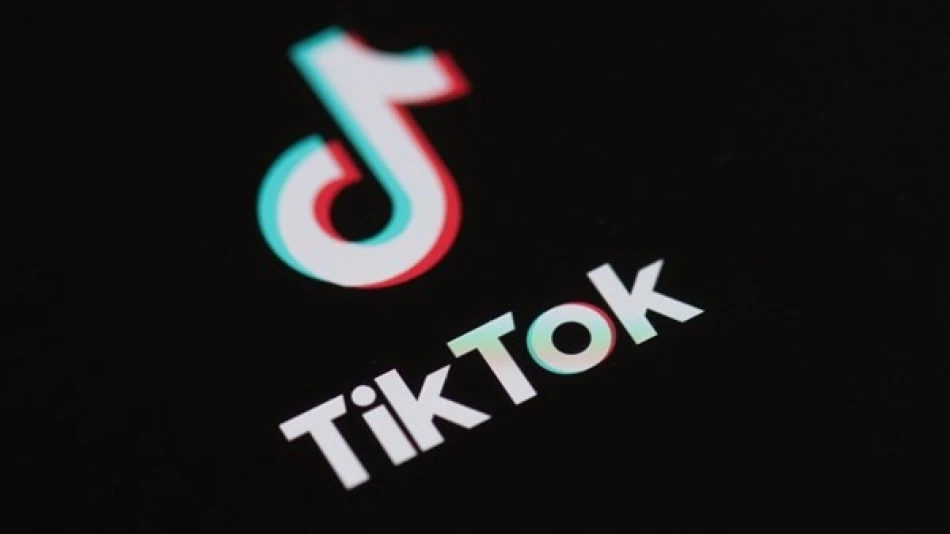
Trump Brokered TikTok Deal with China, Averts Looming App Ban
Trump Claims TikTok Deal with China as ByteDance Ownership Deadline Looms
President Donald Trump announced Tuesday that the U.S. has reached an agreement with China regarding TikTok's future, just one day before a federal deadline requiring the Chinese-owned app to find an American buyer or face a ban. The announcement comes after two days of high-level negotiations in Madrid between U.S. Treasury Secretary Scott Bessent and Chinese Deputy Premier He Lifeng, signaling a potential resolution to one of the most contentious tech disputes between the world's two largest economies.
Madrid Negotiations Break TikTok Impasse
The breakthrough emerged from intensive talks in Spain's capital, where American and Chinese officials worked to resolve the fate of the app used by nearly 2 billion people worldwide. Trump told reporters before departing for a state visit to Britain that he would speak with Chinese President Xi Jinping on Friday to "confirm all matters" related to the agreement.
The timing is critical. Trump had extended TikTok's deadline by 90 days in mid-June, giving ByteDance, the Chinese parent company, until Wednesday to secure a non-Chinese buyer or face prohibition in the United States. The president suspended the ban's implementation after taking office, despite having previously supported TikTok during his campaign.
Corporate Interest Signals Market Confidence
Trump revealed that "a group of very large companies" are interested in purchasing TikTok, though he did not specify whether the White House would extend the current deadline to allow the China agreement to proceed. This corporate interest reflects the app's massive commercial value and its strategic importance in the global social media landscape.
The potential acquisition represents one of the largest forced tech sales in history, comparable to previous national security-driven divestitures but unprecedented in scale given TikTok's user base and revenue potential. Major U.S. tech companies and investment firms have previously expressed interest, viewing TikTok as a gateway to younger demographics and international markets.
Geopolitical Stakes Beyond Social Media
Trump has reportedly made the TikTok agreement a precondition for meeting with Xi Jinping during next month's Asia-Pacific Economic Cooperation (APEC) summit in South Korea. This linkage demonstrates how the app has become a bargaining chip in broader U.S.-China relations, extending far beyond typical regulatory concerns.
The dispute reflects deeper tensions over data security, technological sovereignty, and economic influence. Unlike previous social media regulations focused on content moderation, the TikTok case centers on national security concerns about Chinese access to American user data and potential influence operations.
Market Implications and Precedent Setting
A successful resolution could establish new frameworks for foreign-owned tech platforms operating in sensitive markets. The agreement's structure may influence how other countries approach Chinese tech companies, particularly as nations like India have already banned TikTok while others, including several European Union members, continue evaluating their positions.
For investors, the outcome will signal whether forced divestitures can be negotiated diplomatically or require complete corporate restructuring. The precedent could affect other Chinese companies with significant U.S. operations, from e-commerce platforms to gaming companies, as governments increasingly scrutinize foreign technology investments through national security lenses.
Most Viewed News

 Layla Al Mansoori
Layla Al Mansoori






